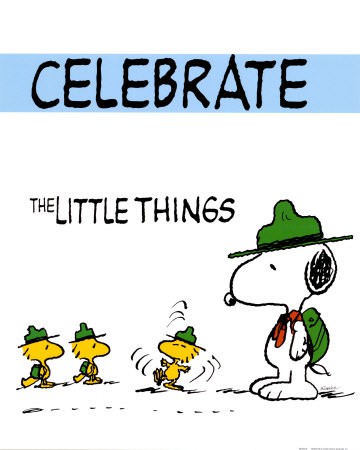The Arabic Language
Arabic has long fascinated culture-seekers and artists from the west. The language is reminiscent of an ancient setting, and has a crude, poetic aura about it.
Despite all the unconventional stuff I fancy myself doing, I never thought I’d be learning Arabic someday! It’s an absolutely brilliant language, though the non-artist in me can barely do justice to the creative strokes of the Arabic alphabet. I learnt my first few today (alif, baa, wow…), together with some introductory greetings (sobah-ul-khair, masaa-un-nuur) so often heard and ignored in hindi movies.
Here are some interesting facts about the Arabic lingo:
- Arabic is written and read from right to left. In fact, books and newspapers are binded on the right, unlike conventional reading material. Check out the front cover of my Arabic textbook and notice the right-binding.
- All letters are connected when writing in Arabic. Unlike English, this does not vary by handwriting. For example, in print like this, the English letters are all disjointed. In Arabic, even in print, these letters are connected. There are a few exceptions, those that are not connected to other letters; my instructor calls these ‘selfish characters!’
- Arabic characters / letters have different shapes, depending on where they occur in a word (beginning, middle or end).
- The Arabic script has 2 distinct layers of writing. The layer below comprises the consonants, and is topped by a layer of vowels. This layer of vowels, however, can be seen only in elementary textbooks and religious scriptures (Quran). It is eliminated in daily Arabic reading. Apparently, with continuous practice, people can easily identify words, even without the vowels (there are only 3 vowels in the Arabic language). It sort of holds true for English too I guess. I’m sure you’ve read one of those emails with words missing vowels and found them easy to decipher.
- Like Hindi & Spanish, every object is either male or female in Arabic.
- Every letter in Arabic has the right to pronunciation. There are no silent letters.
- Arabic closely relates to Sanskrit and Urdu, and has a whole bunch of Hindi-like words. It also loans vocabulary and sounds to Spanish, Malay, Turkish, Indonesian, Bengali and Hindi.
That’s about what I’ve gathered so far. One day into the lessons and I’m in love with the language already!
Hi there! I’m Shivya, and I started this travel blog back in 2011, when travel wasn’t trendy, Instagram didn’t exist and AI wasn’t a thing (simpler times, I know!). I write about slow, meaningful and conscious travel – that is good for us, the places we visit, the people we meet along the way, and the planet at large. Settle down, grab a cup of tea, and read stories that remind you of the essence of travel. I’m so glad you found me!





I’m Arabian and i wish u luck with learning Arabic.
i guess there must be some gud online tutorials to learn Arabic and other languages
I’m rather happy that you are adding Arabic to a variety of languages (I guessed so from your post) that you know. A muslim child starts his compulsory religious education with Alif, Baa, Taa to understand the religion rooted in Arabic languge. Learning Arabic will surely broaden your knowledge of the literature produced in this language over the period of centuries; a very enchanting one.
Ah, this explains your status msg yesterday! 😀
@ Nuur, Aadil: Can I ask you guys for some Arabic music recommendations? I’ve been listening to some stuff already, though can’t understand much yet!
Wow…I’ve always been of the opinion that Arabic is tough to pick up.. unless you learn it from childhood… keep us posted on how the course goes…
@ Vijay: Will do.
@ girishmenon: haha, my mom said exactly the same thing!
beware of the Anti-terror squad.
i’m envious. I’ve always wanted to learn Arabic. 🙂 Maybe someday!
Music recommendation nevertheless: Cheb Khaled (the obvious) and Cheb Mami.
Hey this is a very interesting article on the language. These information on Arabic are new to me and I am glad I learnt something today. I did know they go right to left but that’s all I knew. It is interesting to see it borrows from other languages.
@ docmitasha: Thanks for the recommendations 🙂 my favorite’s bora bora so far. Check it out if you haven’t already.
@ Dinesh Babu: Actually it lends even more than it borrows 🙂